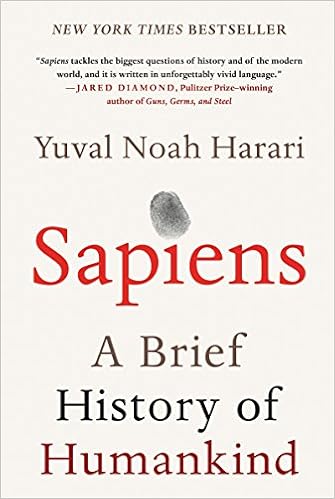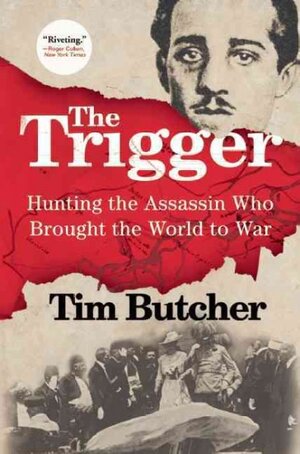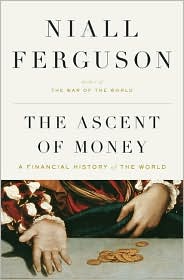Reading has become a primary hobby of mine over the past few years, primarily replacing gaming in how I spend much of my free time. I mostly read fiction novels. I also enjoy keeping up with politics and current affairs, mostly by reading the NYT, Economist and WaPo regularly. I'd love to gain a deeper understanding of geopolitics and history (and economics as well), therefore I think it's time to start adding in nonfiction to my reading diet on a regular basis. I know there are a number of people who read regularly on GAF, so I wanted to turn to all of you for advice.
I know it's a super broad topic, but what are some good nonfiction recommendations. I'm game for books about history, politics, international affairs and economics. Beyond just reading something for fun, I want to gain a deeper understanding of major issues facing the world, one you can't get from a 500 word news article.
Thanks all for your help.
I know it's a super broad topic, but what are some good nonfiction recommendations. I'm game for books about history, politics, international affairs and economics. Beyond just reading something for fun, I want to gain a deeper understanding of major issues facing the world, one you can't get from a 500 word news article.
Thanks all for your help.
















